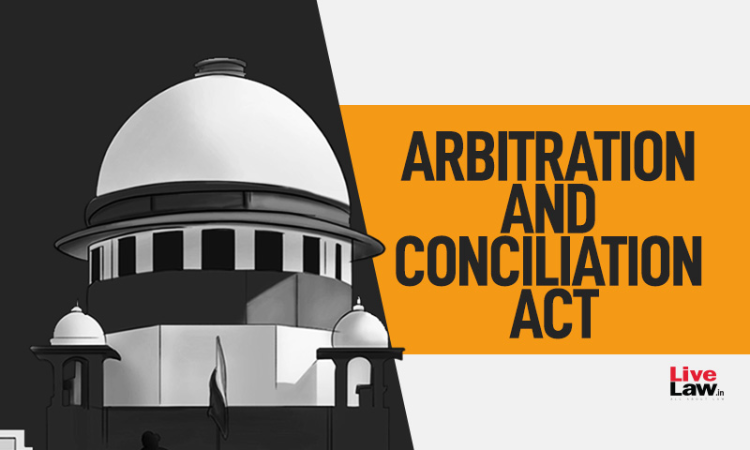Referral Court Has Duty To Conclusively Decide Issue Of ‘Existence & Validity Of Arbitration Agreement’ Raised At Pre-Referral Stage : Supreme Court
Pallavi Mishra
17 May 2023 10:36 AM IST

Leaving such issue to be decided by arbitral tribunal violates Section 11(6A) of Arbitration Act.
Next Story


